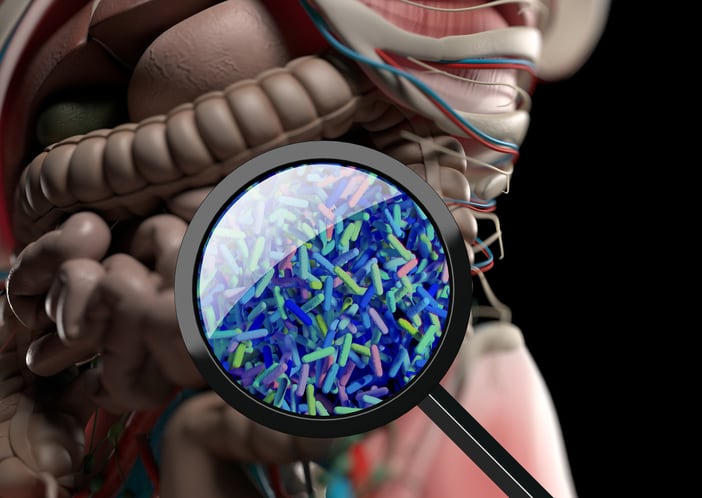
Study evaluates inulin’s effects on IBS-C
A prebiotic containing inulin improved symptom severity and quality of life scores in 34 patients with constipation-predominant IBS (IBS-C), according to a study published in Scientific Reports.
News, Analysis & Insights on Nutrition, Supplements, and Health

A prebiotic containing inulin improved symptom severity and quality of life scores in 34 patients with constipation-predominant IBS (IBS-C), according to a study published in Scientific Reports.
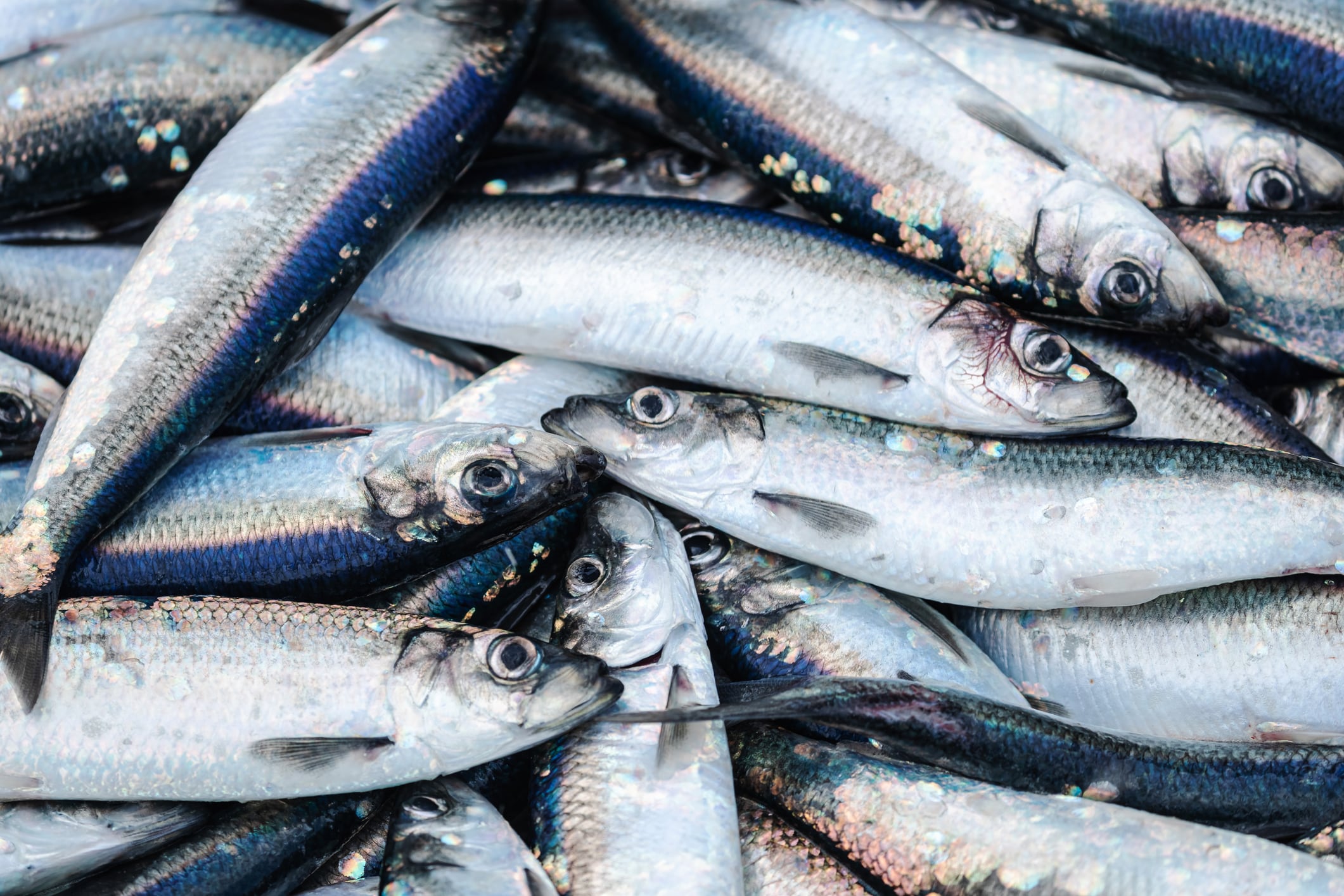
Fish oils rich in omega-11 (cetoleic acid) may significantly reduce cholesterol and triglyceride levels by around 50%, says a new rat study from Norway using Grøntvedt Biotech’s CETO3 herring oil.

A new study published in Frontiers in Nutrition reports that beetroot juice may increase handgrip and back muscle strength in adolescent judo athletes.

Ocean Actives H+, a fucoidan-rich algae extract, shows prebiotic benefits at a dose of 250 mg per day, potentially reducing risk of bloating pain, according to new research.

A new study associates non-standard infant formulas, such as lactose-free, with higher weight gain in the first year compared to standard formulas and breastfeeding.
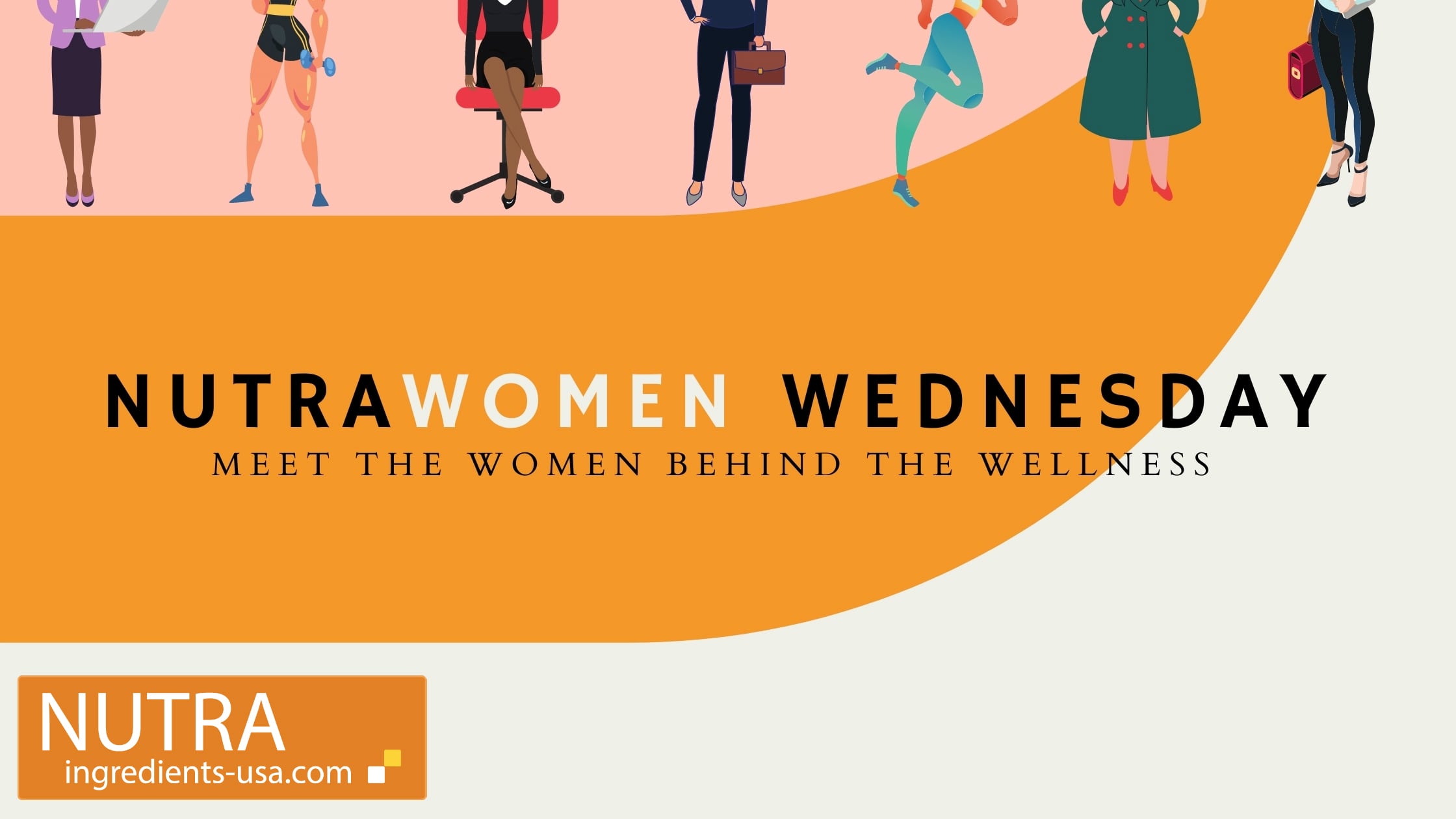
Growing up with a doctor father and an Ayurvedic grandmother in India, Dr. Leena Pradhan-Nabzdyk witnessed debates grew up at the crossroads of Western medicine and traditional healing practices. Those two worlds would later become intertwined.

Rhodiola rosea may enhance endurance performance and improve biomarkers related to oxidative stress, muscle damage and metabolic efficiency, according to a study published in Frontiers in Nutrition.

Journalists and others should no longer reference or use findings from a trial on apple cider vinegar and weight loss in future reporting, according to a statement issued by BMJ Group.

New research has uncovered metabolic alterations linked to vitamin D deficiency and suggests potential mechanisms driving its impact on maternal lipid metabolism.
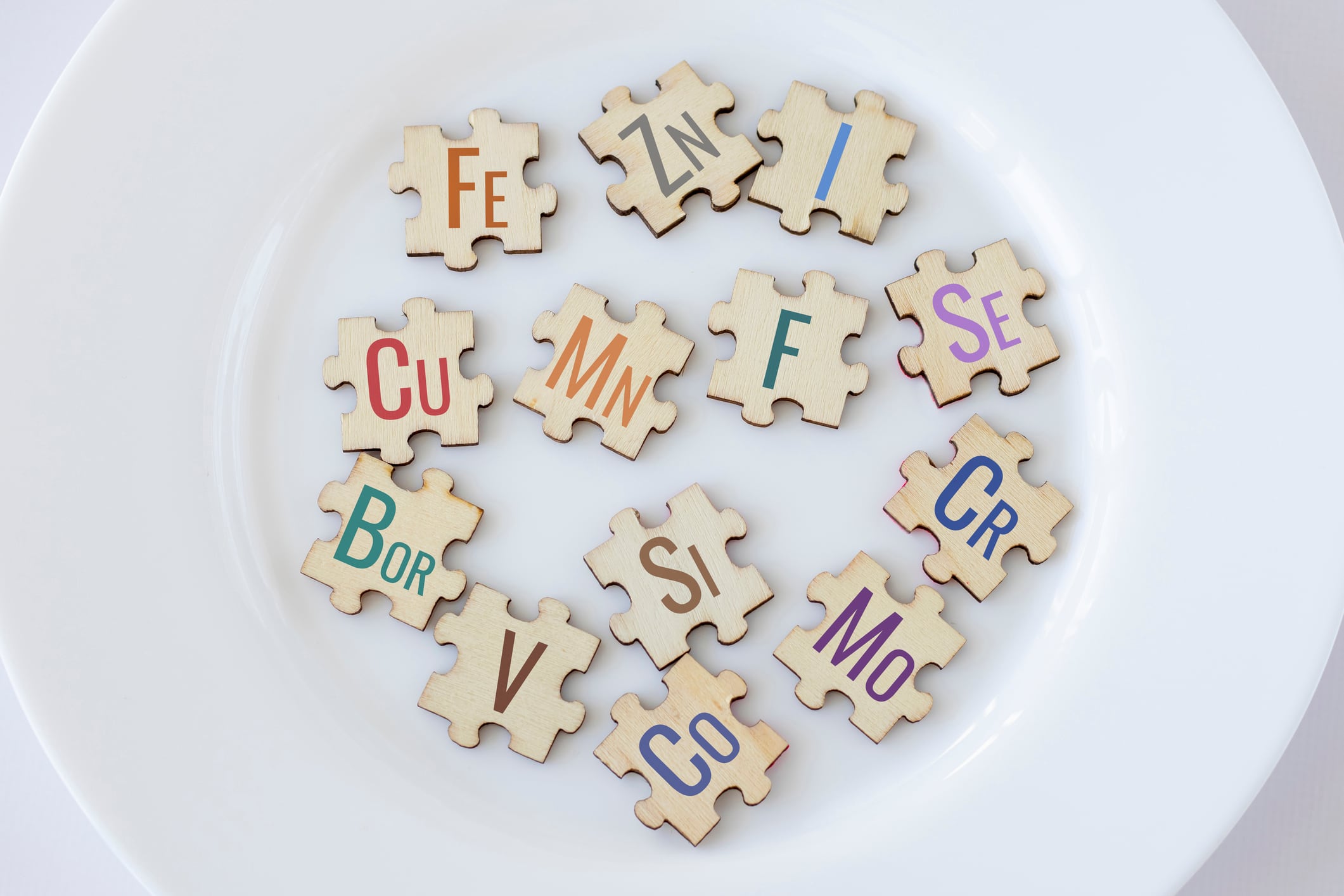
Dietary supplements are an overlooked solution when it comes to general population health, according to a new review, which found that micronutrient inadequacy is rampant across Europe.

Inulin, a complex of sugars present in many plants, may reduce symptoms like inflammation and improve quality of life in people with rheumatoid arthritis (RA).
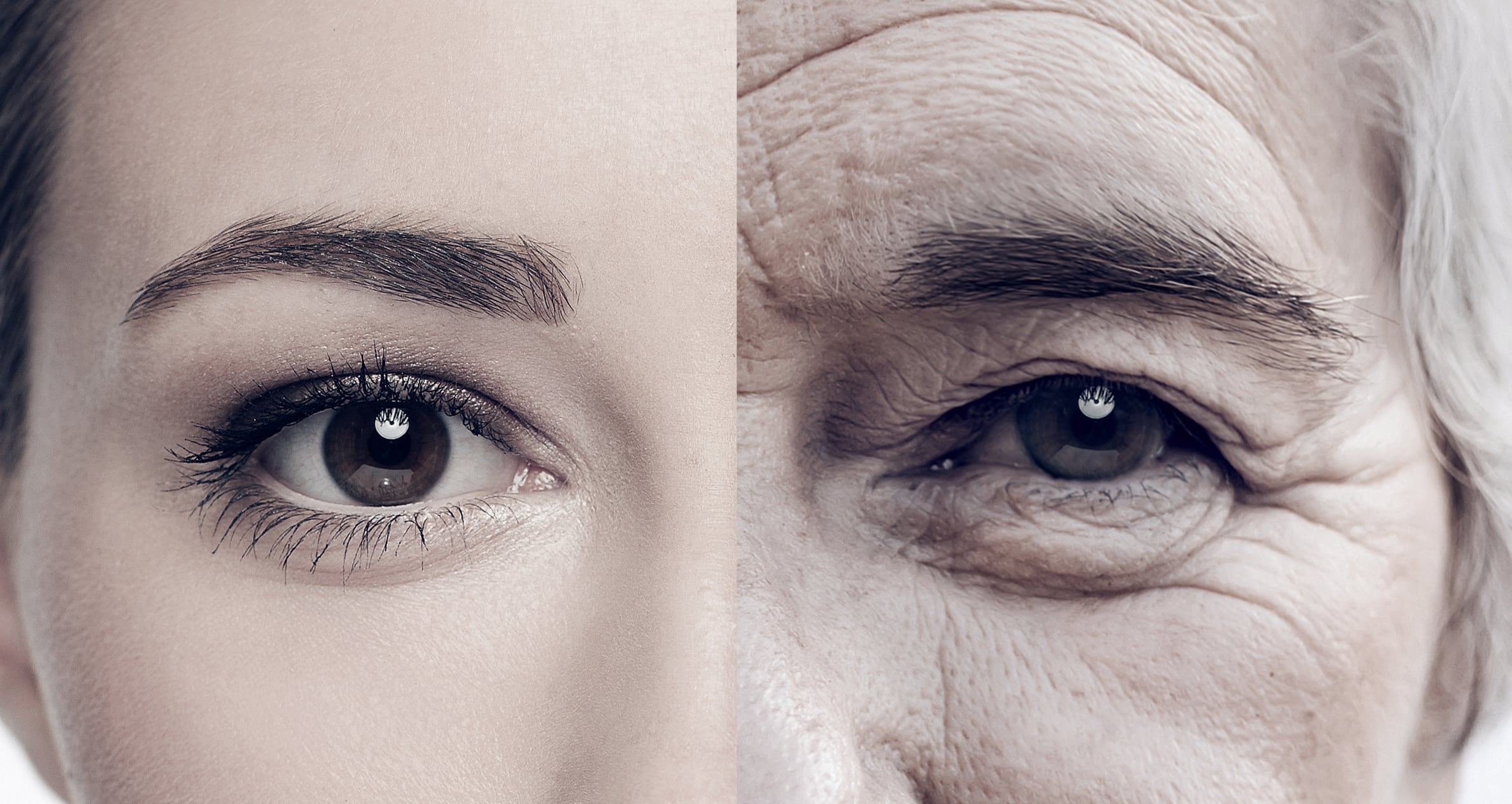
A clinical trial demonstrated dual-market potential for the collagen-amino acid blend across various age demographics.

Recent research conducted in collaboration with ingredient-supplier Balchem shows that low-dose methylsulfonylmethane (MSM) effectively supports immune and inflammatory responses following prolonged aerobic exercise.

Persephone Biosciences has commercialized its infant and toddler synbiotic following the ‘largest-ever U.S. microbiome study’ and growing industry focus on early-life microbial health.

A review of research into the performance benefits of a range of sports supplements concludes that there is a significant underrepresentation of women.

Omega-3 supplementation showed improvements in Mini Mental State Examination scores among 26,881 participants aged 40 years or older, according to a review published in Nutrients.

Lacprodan ISO WaterShake whey protein isolate manages blood sugar levels in women with gestational diabetes mellitus (GDM), according to new research from Arla Foods Ingredients.

A compound derived from seaweed may help protect the gut microbiota during antibiotic therapy.

Daily supplementation with RedLeaf Biologics’ polyphenol-rich sorghum extract enhances strength recovery after bout of intense eccentric exercise, says a new study from researchers at the University of Kentucky.
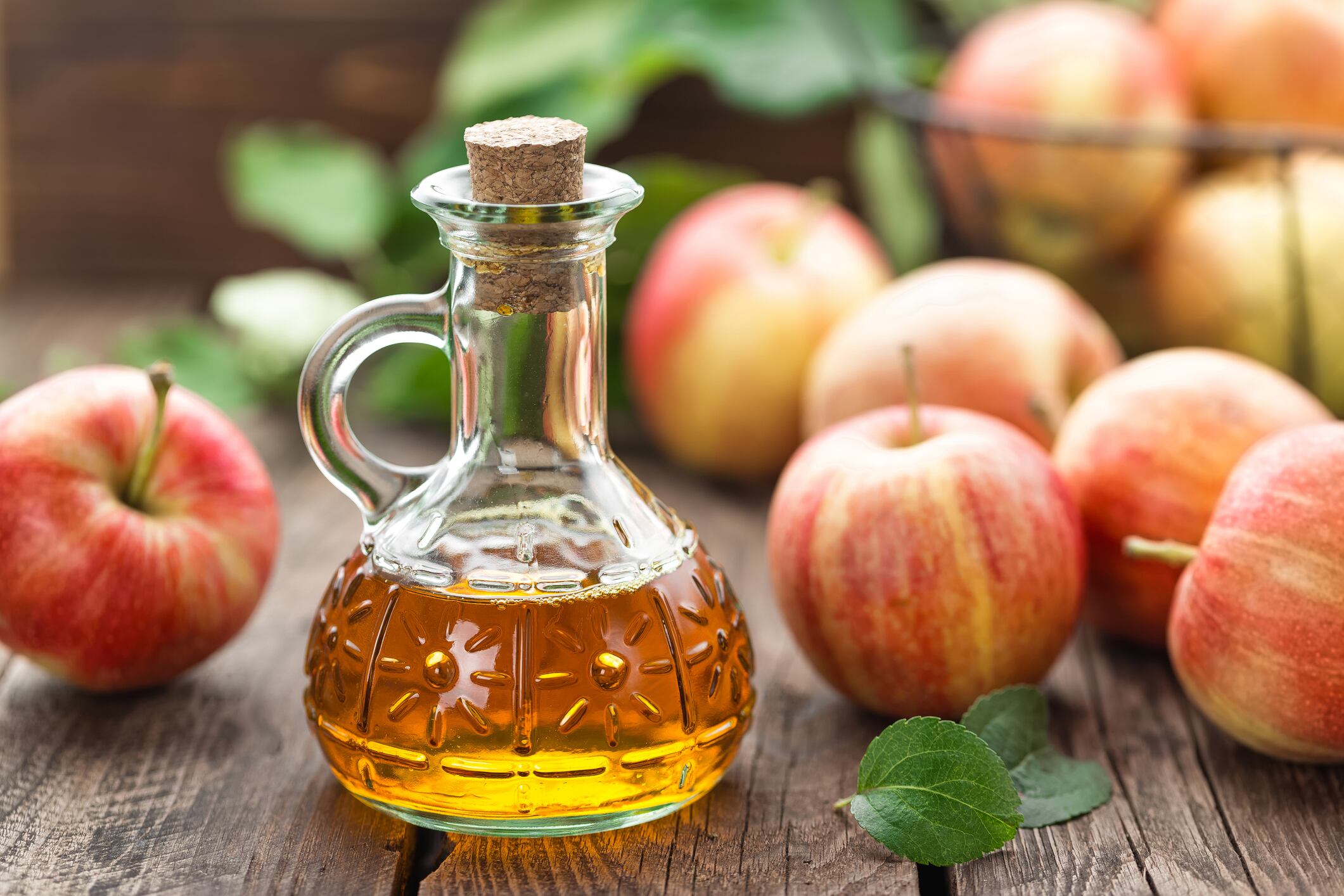
Apple cider vinegar (ACV) supplementation may reduce short-term weight and metabolic complications in adults with excess body weight, new research published in Nutrients shows.
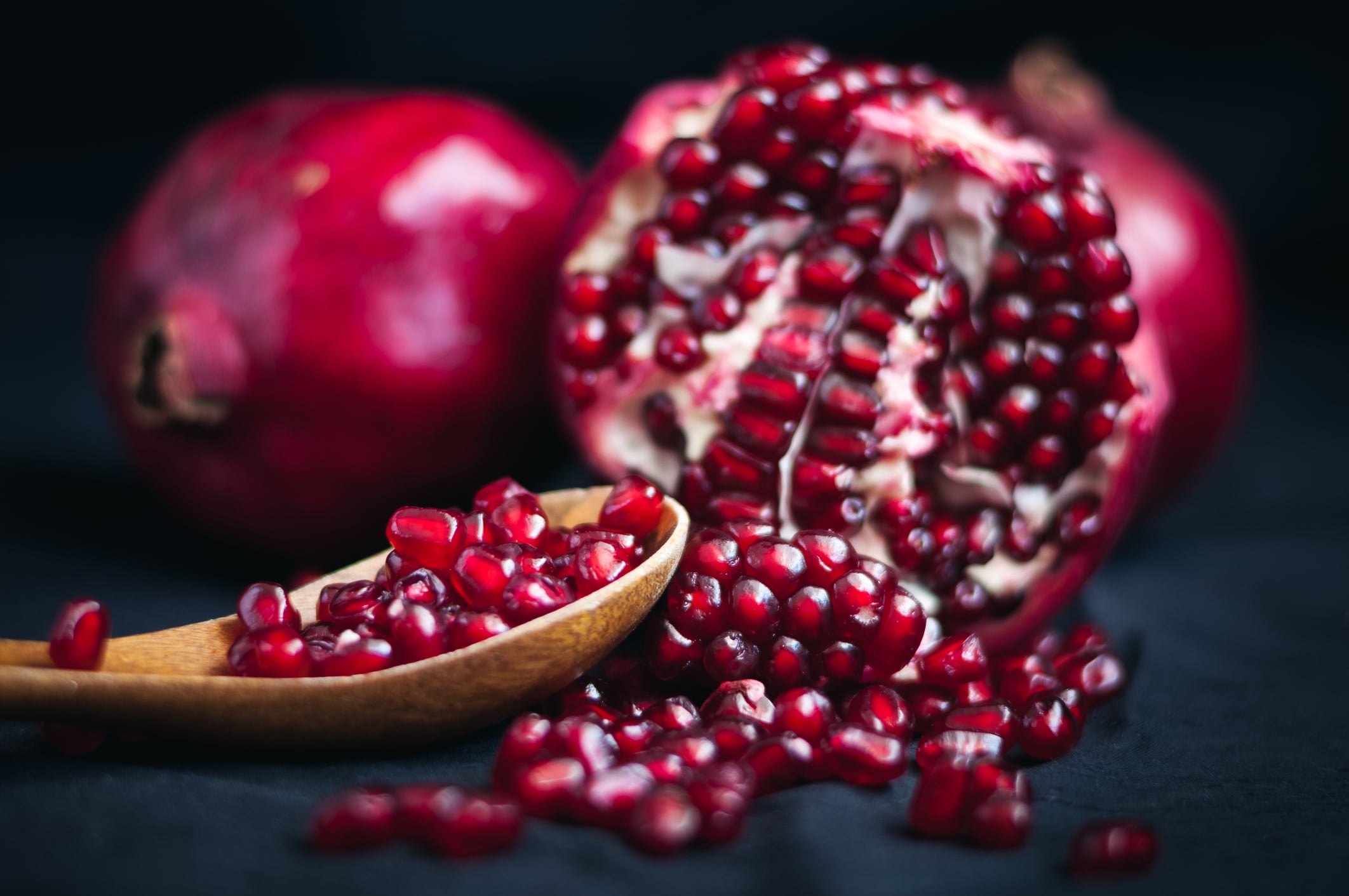
Daily supplementation with pomegranate extract may improve a key biological marker of aging, according to new research.

A liposomal formulation of Coenzyme Q10 may improve bioavailability compared to standard CoQ10, says a new study that also hinted at favorable shifts in biomarkers of inflammatory or oxidative stress after only one dose.
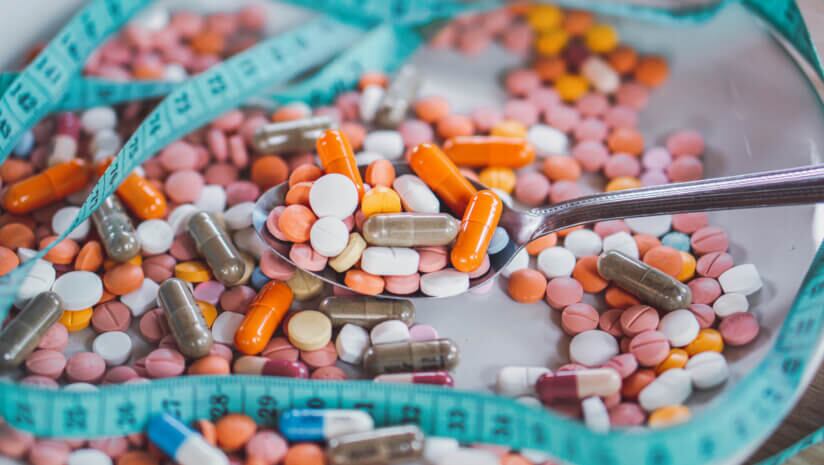
As GLP-1 drugs continue to combat the global obesity epidemic on one front, research is also focused on finding fat-fighting solutions that align with consumer appetite for natural and sustainable approaches to inducing satiety and reducing body weight.
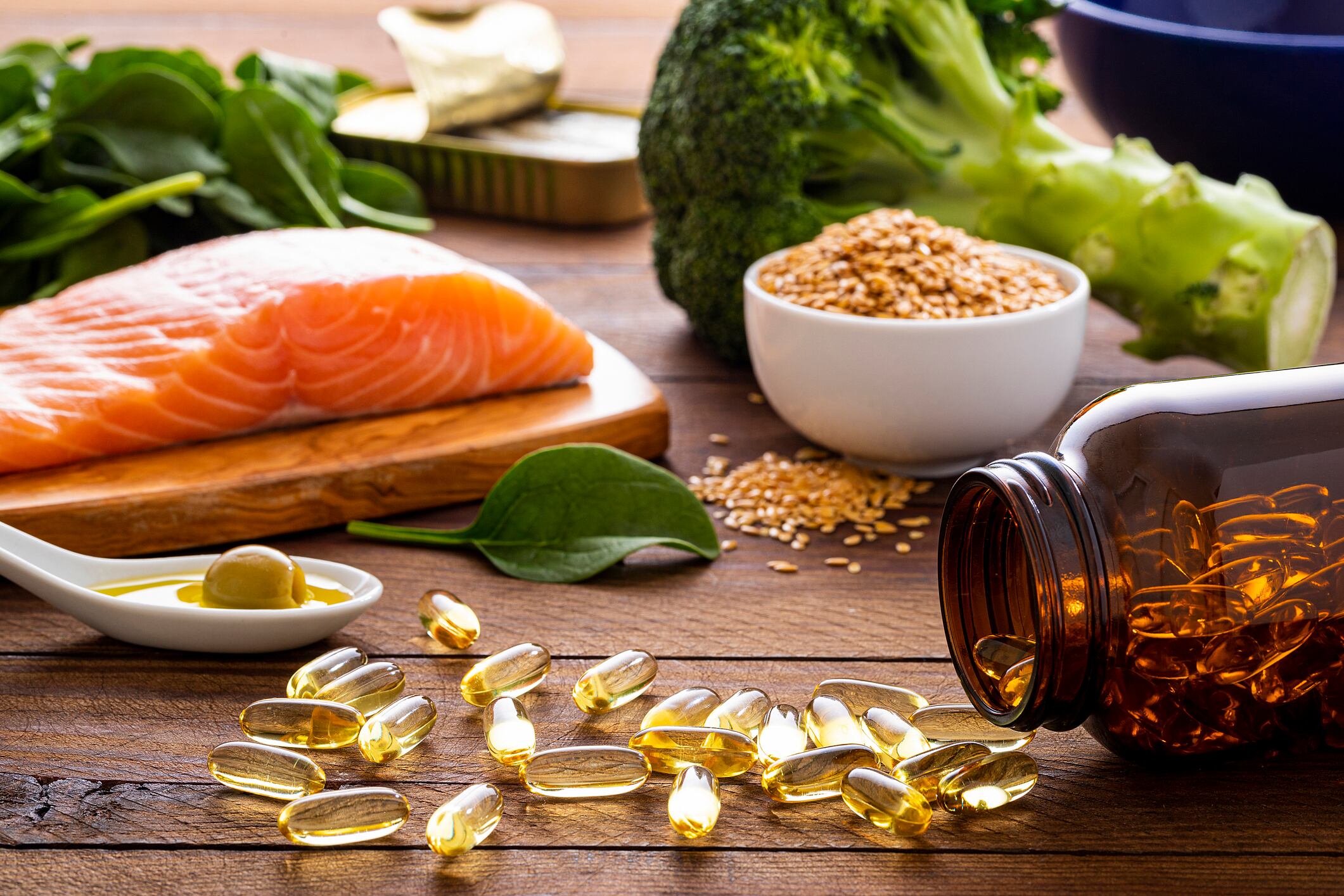
A large-scale analysis of dried blood spot (DBS) samples has found that omega-3 levels remain low and omega-6:omega-3 ratios are too high across nearly all global regions.
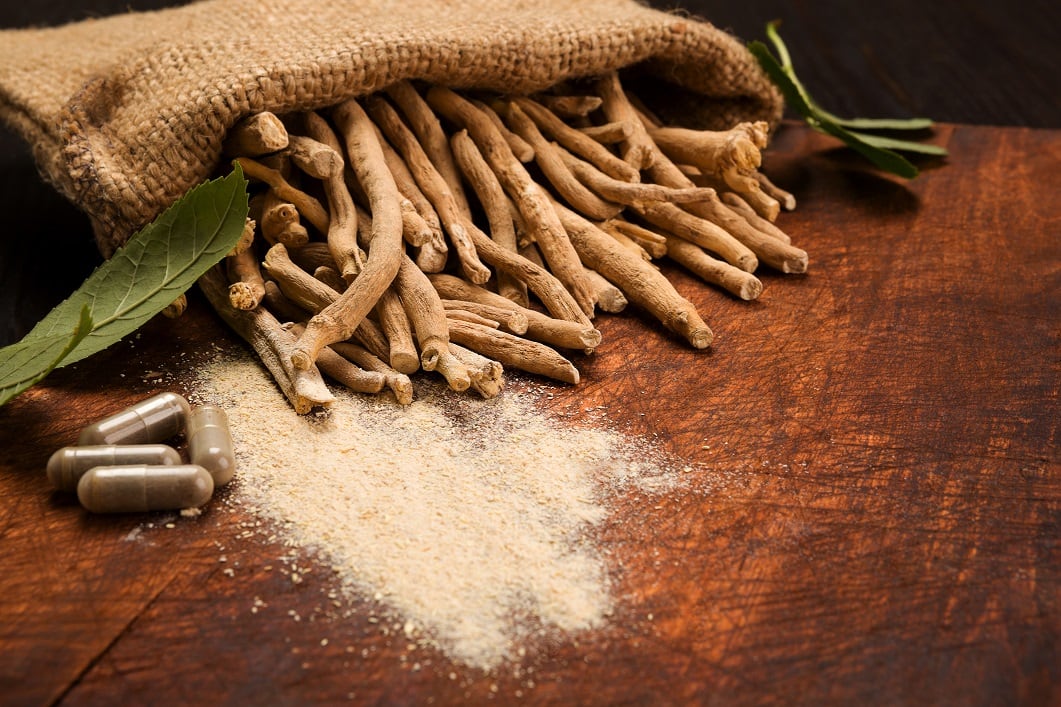
A major scientific review highlights critical knowledge gaps in ashwagandha’s effects on pregnancy and fertility as the EU and UK consider safety-related restrictions.
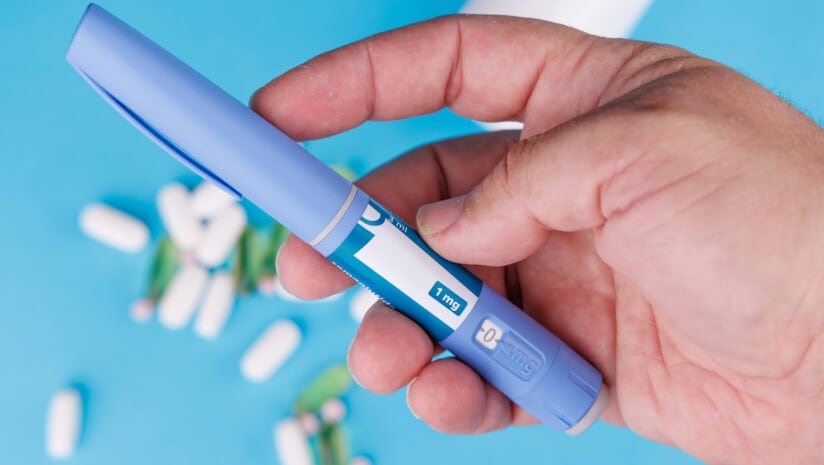
GLP-1 receptor agonist drug use has become emblematic of current culture, but knowledge and communication about the nutritional needs of an increasing number of patients on these rapid weight loss journeys remains limited.
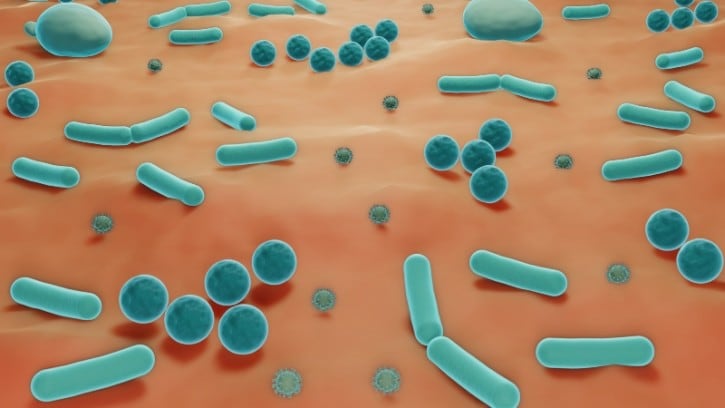
L. gasseri KABP 064 (CECT 30648) colonized the vaginal tract in over half of the healthy participants following oral administration, according to a study published in Microbiology Spectrum.

Combining probiotics, omega-3 fatty acids and ultra-short race-pace training may enhance explosive upper-body strength for elite sprint swimmers, compared to training alone, says a new study.

Green tea and ginger can reduce the physiological impacts of cold weather and work synergistically to support endurance, fat oxidation, comfort and recovery in this environment.

A new proof-of-concept study from plant-based ingredient supplier Nutraland shows that its Miricell-branded rice germ extract benefits cellular recycling pathways linked to healthy aging, with effects attributed to its spermidine content.

Studies have explored creatine’s effects on muscle, memory, menstruation and men of all ages, but research in women is still emerging, and even less is known about its potential to support the menopause journey.
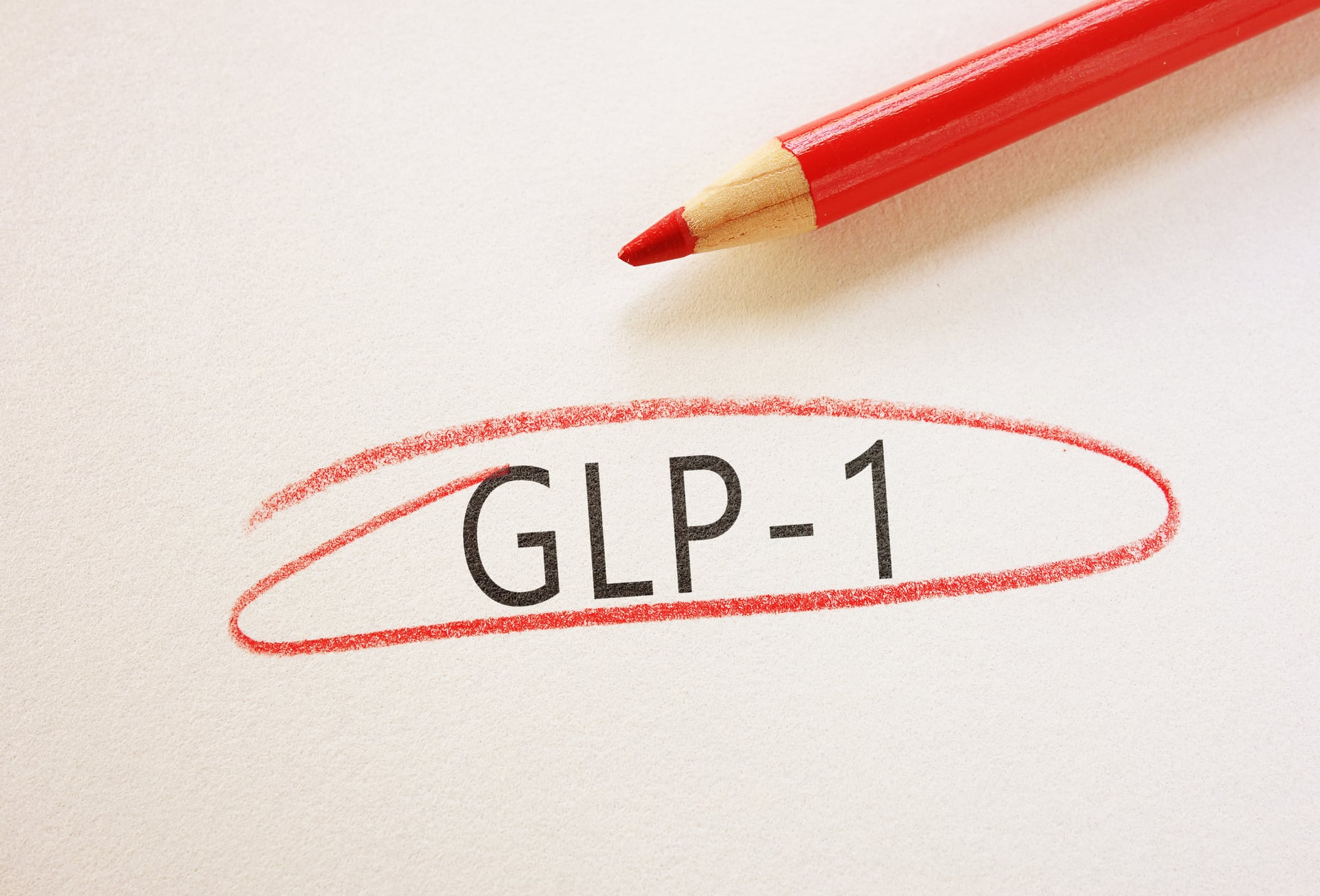
Formulating beverages with Beneo’s Palatinose (isomaltulose) may significantly increase levels of key hunger hormones, such as GLP-1 and PYY, in people with Metabolic Syndrome, says a new study from an international team of researchers.

With expert speakers confirmed from iHerb, SPINS, Herbalife, the San Francisco 49ers, AHPA, CPG Radar, Front Row, Gifted Wellness, High Performance Nutrition, the University of Arkansas and more, the upcoming Sports & Active Nutrition Summit is not to be...
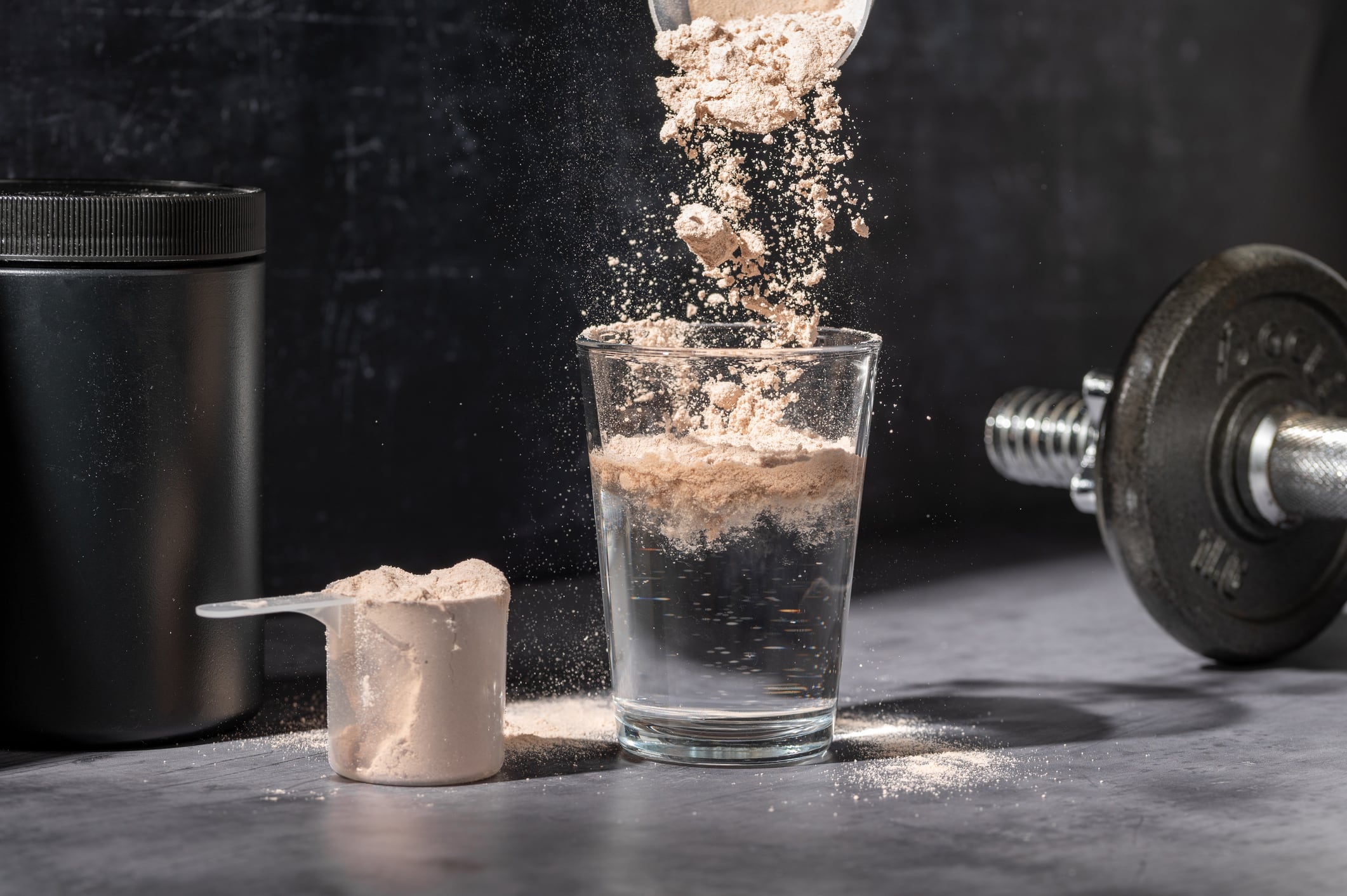
The combination of whey protein supplementation and physical exercise improves muscle protein synthesis (MPS) in a time- and dose-dependent manner, according to a new review in China.

Supplementation with Xeya Modern Shatavari may decrease hot flashes, fatigue and sleep disturbances for perimenopausal women, according to results of a new randomized, double-blind, placebo-controlled trial.

A clinical study identified withanolide glycosides as the key drivers of superior bioavailability in ashwagandha (Withania somnifera) extracts.

The UK government will consult on banning high-caffeine energy drinks for under-16s in England over health concerns. However, a new study suggests energy drinks may only be indirectly linked to poor adolescent health, so what makes them risky?

Palmitoylethanolamide (PEA) supplementation may regulate specific microbiome activity, support a balanced inflammatory response and aid in maintaining healthy triglyceride levels, says a new study with Gencor’s Levagen+ ingredient.

Higher doses of hydrolyzed curcumin showed greater reductions in pain and some markers for inflammation and oxidative stress after exercise-induced muscle damage, according to a new study published in Physiological Reports.
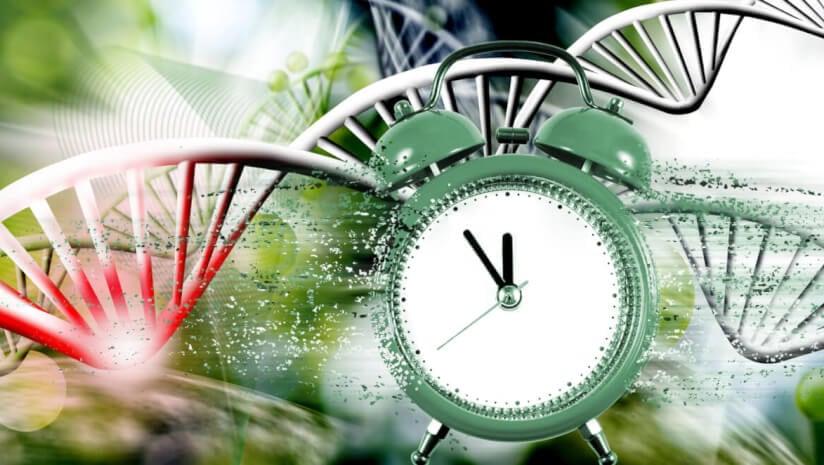
While folate’s role in supporting fetal growth and development is well established, a new Stanford-led study suggests it may also help slow biological aging in older adults.

Dietary supplementation with phytosterols may improve a range of factors associated with metabolic syndrome, according to a new review published in Diabetology & Metabolic Syndrome.
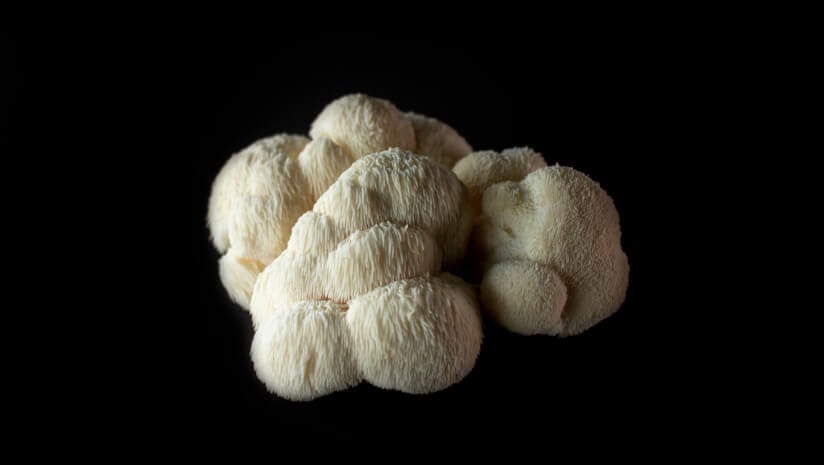
A new working group targeting the standardization of lion’s mane shows that all mushrooms are not created equally.
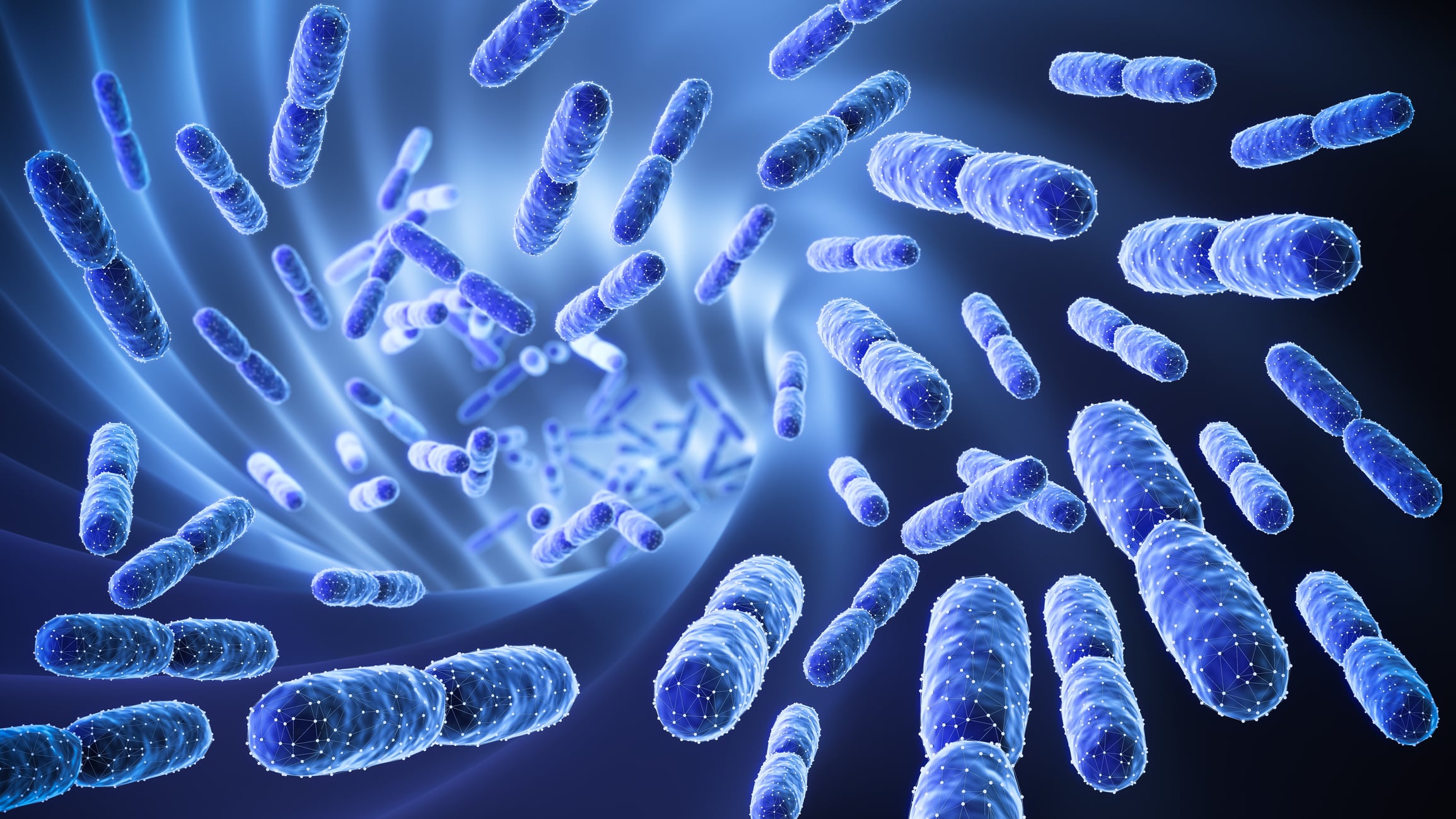
One month of supplementation with a multi-strain vaginal synbiotic could establish an optimal vaginal microbiome dominated by Lactobacillus crispatus, says a new study from Seed Health.

Supplementation with vitamins C and E daily for 12 weeks combined with resistance training improved muscle mass and strength in older women with sarcopenia, according to a new study.
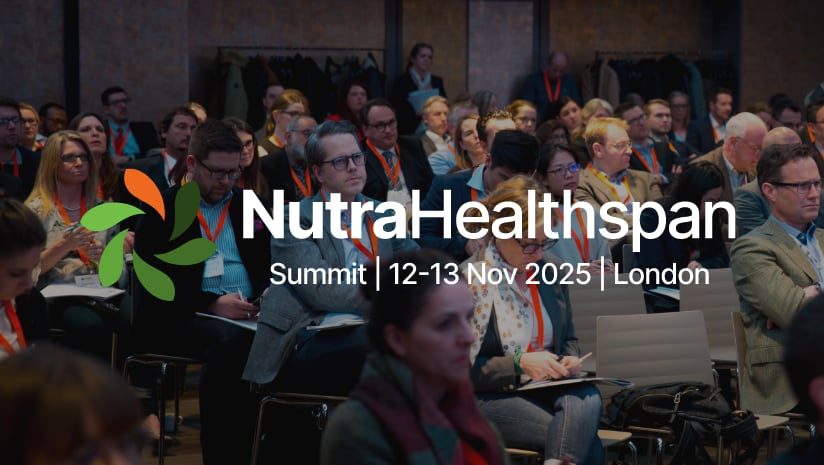
The discounted early bird delegate registration for our Nutra Healthspan Summit will expire on Sept. 10, 2025.
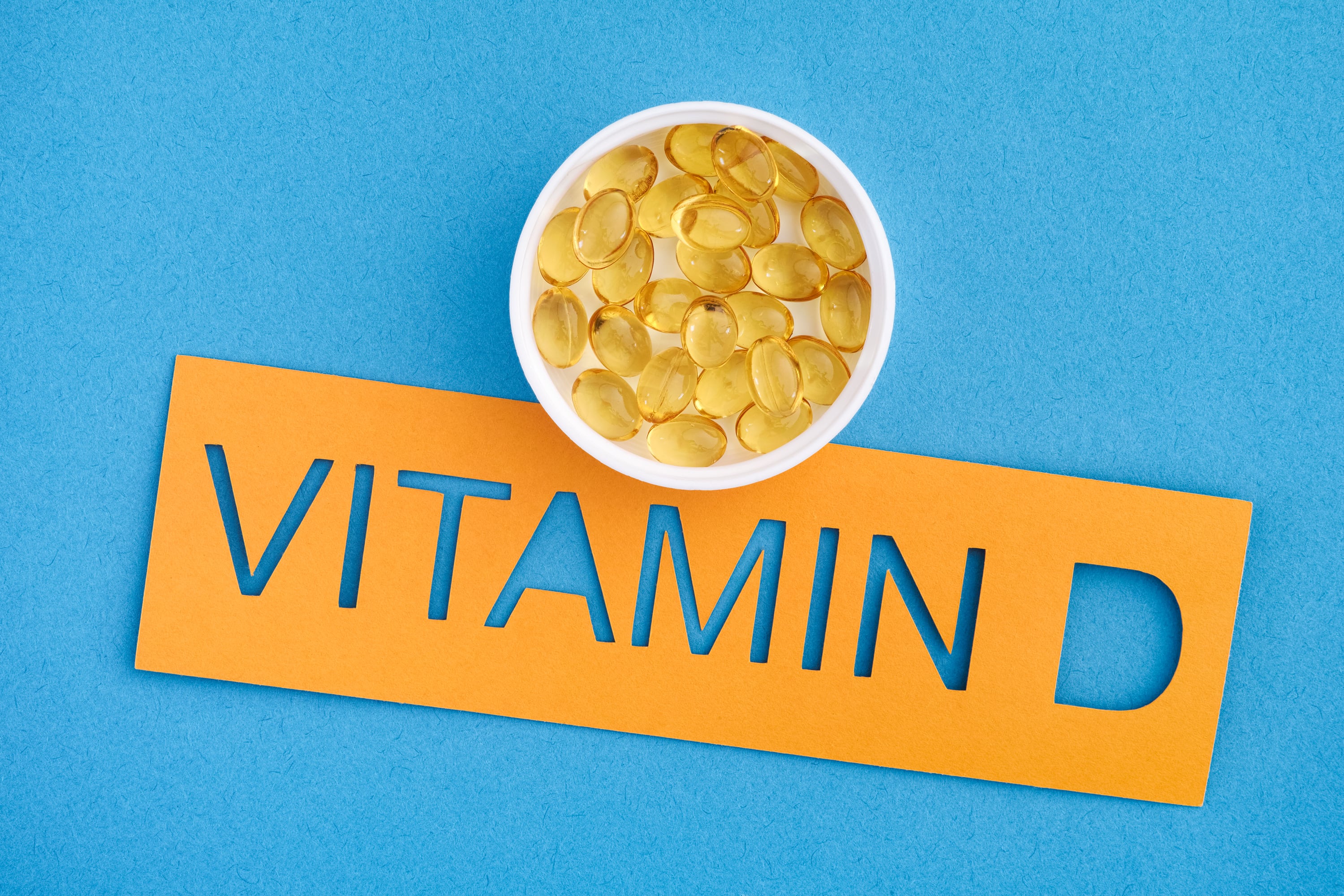
Overweight and obese people should take vitamin D supplements to reduce the incidence of major adverse cardiovascular events, says a new meta-analysis.

Twelve weeks of supplementation with Zenroot ashwagandha may improve sleep quality and decrease occasional anxiety and mood swings, says a new study from India.

Pigments from paprika improve oxygen delivery to both muscle and brain, according to new research conducted in university students.

Supplementation with a cocoa extract may reduce incident hypertension by 24% in participants with normal systolic blood pressure, according to a new analysis of data from the COSMOS study.

Deadline for entry is 24 October, 2025!
Are you researching the latest state-of-the-art developments related to prebiotic, probiotic, postbiotic and microbiome science relevant to human health, well-being, consumers and industry? If so, we would like to hear from you!